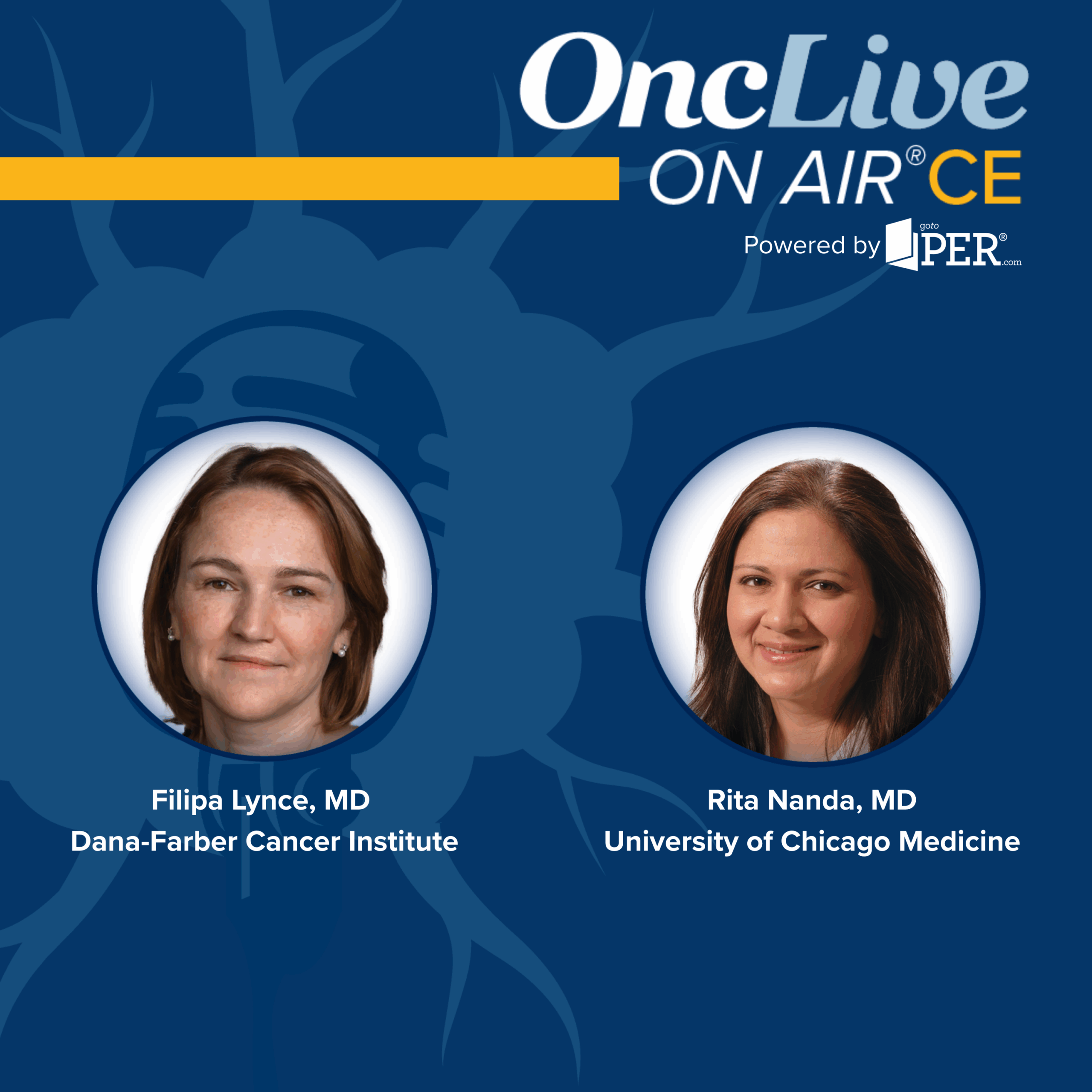Recent discussions among leading oncologists have highlighted the advances in treatment options for advanced triple-negative breast cancer (TNBC). In a podcast episode featuring experts Aditya Bardia, MD, and Erika P. Hamilton, MD, the focus was on the latest data and ongoing clinical trials involving TROP2-targeted antibody-drug conjugates (ADCs) combined with immune checkpoint inhibitors. This combination therapy represents a significant step forward in the fight against this aggressive form of breast cancer.
The podcast, produced by Physicians’ Education Resource® (PER), delves into the efficacy and safety profiles of these innovative therapies. Both Bardia and Hamilton, who are respected leaders in breast cancer research, emphasized the potential these treatments have in improving patient outcomes. Their insights are based on emerging clinical trial data, which suggest that the integration of ADCs with immune checkpoint inhibitors may enhance therapeutic effectiveness for patients battling TNBC.
Understanding TROP2-Targeted ADCs
TROP2 is a cell surface protein that is often overexpressed in various cancers, including TNBC. The targeted approach of ADCs aims to deliver cytotoxic agents directly to cancer cells that express TROP2, thereby minimizing damage to surrounding healthy tissue. This method has gained traction in recent years, particularly as researchers continue to refine the mechanisms of action and delivery systems for these drugs.
According to the podcast, the combination therapies currently under investigation have shown promising results in terms of both efficacy and safety. As these trials progress, they may provide critical data to support the regulatory approval of new treatment options for TNBC. The collaborative discussion underscores the importance of ongoing research and clinical trials in shaping future standards of care.
Educational Support and Key Contributions
The podcast is supported by an educational grant from Gilead Sciences, Inc., indicating the pharmaceutical industry’s commitment to advancing cancer treatment options. Both Bardia and Hamilton have extensive backgrounds in oncology, with Bardia serving as a Professor of Medicine at the Geffen School of Medicine and Program Director of Breast Medical Oncology at UCLA Health Jonsson Comprehensive Cancer Center. Hamilton leads the Breast Cancer Research Program at the Sarah Cannon Research Institute in Nashville.
Both experts acknowledged various financial disclosures, highlighting their involvement with multiple pharmaceutical companies. This transparency is crucial in maintaining the integrity of the research and discussions presented in the podcast.
The episode is part of a broader educational initiative aimed at keeping healthcare professionals informed about the latest developments in cancer treatment. It is designed to enhance practitioners’ knowledge and preparedness regarding novel therapies for TNBC, aligning with the ongoing need for innovative approaches in oncology.
As the landscape of cancer treatment continues to evolve, the insights shared by Bardia and Hamilton contribute significantly to the understanding of how targeted therapies can be applied in clinical settings. The release date for the podcast is set for September 23, 2025, with educational content available until September 23, 2026.
Listeners are encouraged to approach the podcast as a valuable resource for case-based discussions and to stay updated on the latest research around TROP2-targeted therapies. More information can be found on the PER website, which also outlines the educational objectives and learning outcomes associated with the program.
This dialogue marks an important chapter in the ongoing effort to combat TNBC, offering hope to both patients and healthcare providers navigating this challenging cancer landscape.
